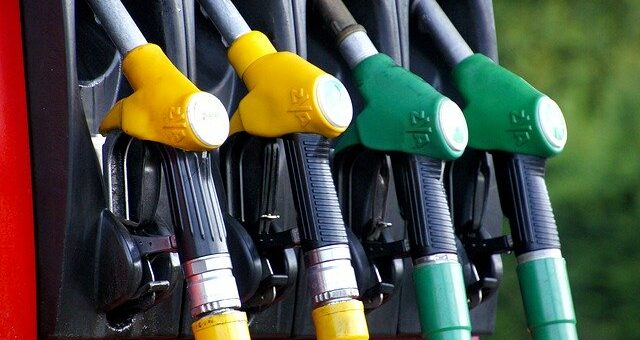COVID-19 economic recovery could slow down global warming by up to half if we make the right choices, and by taking action that tackles both crises, we can ensure that a more resilient world emerges on the other side. Doing so means cutting emissions hard and fast, investing in green technologies and industries, and refusing to bail out fossil fuel companies. High-level action would get us on track for net-zero CO2 emissions by mid-century and give us a good chance of keeping temperature rise below 1.5°C.
Public / policy - International
COVID-19 pandemic has led to the worst economic downturn of the last decades mainly due to measures to stop the spread of the virus. This has led to reduction in demand and production capacity. Governments worldwide adopt packages as a response to the COVID-19 crisis, with $3.5 trillion dedicated to climate protections in the agriculture, industry, energy, and transport sectors. By adapting packages that are green, boosts economic growth worldwide triggered by increased low-carbon investment.
The European Union aims for 2030 to reduce greenhouse gas emissions by 40% compared to 1990 levels. Furthermore, the long-term vision is to become climate-neutral by 2050; this means transforming the current energy system. Compiled from MUSTEC’s research activities, key drivers and policy decisions are identified and explained for effective CSP deployment in Europe in the coming years up to 2050.
Key in the process for low-carbon transition is a transformation in all sectors and regions and the incorporation of new technologies and practices. Research and Innovation (R&I) is key in the development and successful uptake of clean technologies and focuses on three key non-mature technologies, CCS, advanced biofuels, and batteries for electric vehicles, as well as on energy efficiency measures explained in the report.
The transition to low carbon practices requires incorporating new technologies and practices, with Research and Innovation (R&I) being key in developing. Optimal R&I strategies increase the feasibility of ambitious climate stabilization targets by lowering carbon prices and mitigating costs.
EU- funded DEEDS project gives recommendations on Research and Innovation (R&I) aimed at decarbonisation of the EU economy and society and are relevant to the EU Green Deal.
The largest short-term reduction in energy use and largest short-term reduction in energy use and carbon emissions in a lifetime is a result from the Covid-19 pandemic and are still in the process of being assessed. This had led to significant changes in people’s day to days lives that are unparalleled in the last few decades.
Biomass and its demand are growing for multiple uses, such as food for humans and livestock, biofuels, and biomaterials. So, the competition for the biomass itself, as well as that for the natural and socio-economic resources required for its production, is expected to worsen. The assessment of biofuels as an innovation has shown to be a complex issue and difficult to address with conventional modelling approaches for the following reasons explained in this post.
Individual behaviour could also play a crucial role in reducing greenhouse gas emissions. This research explored the impact a range of behaviour changes across mobility, food, heating, leisure, and waste would have on Greenhouse Gas emissions. The results show that individuals’ moderate to rigorous behaviour change in the EU could reduce per capita carbon footprint by 6-16%. Three behavioural profiles were used to estimate emission impact from changes in behaviour: Enthusiast, Conscious and Convenient profiles. The benefits from behaviour change would be significant emission reductions and a variety of co-benefits for public health, land use, and regional ecology.
Different Concentrated Solar Power (CSP) projects has pros and cons for cooperation, so the policy goals in the importing and exporting countries, which partially depend on the context conditions in these countries, should be considered. This post discusses and derives policy implications from CSP projects and how this effects cooperation.










